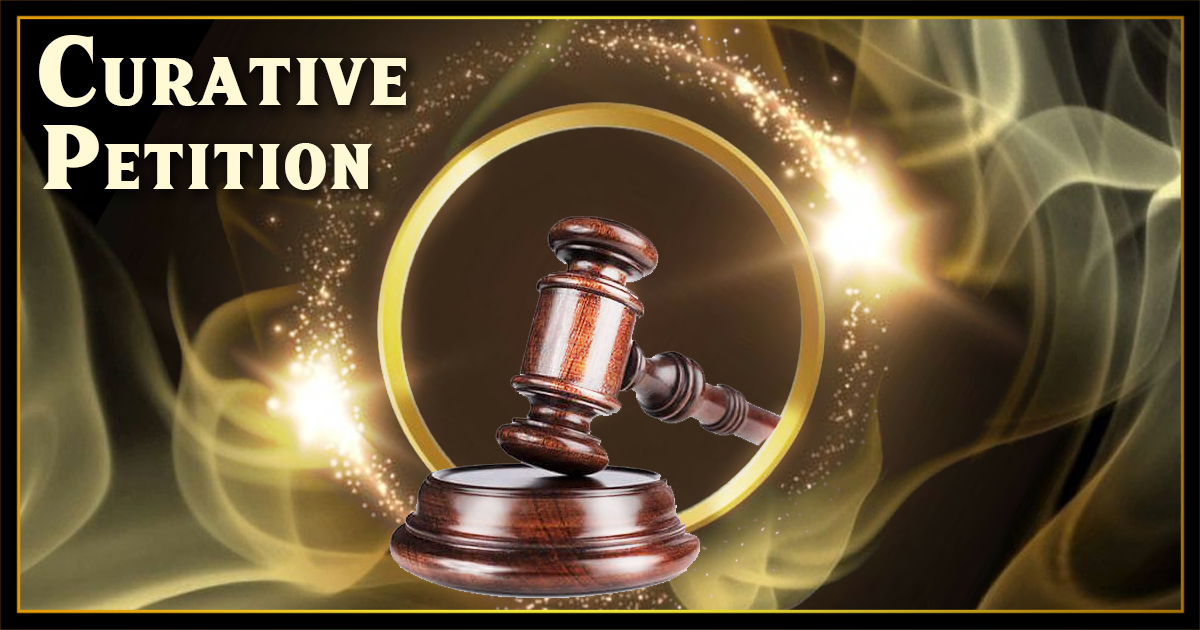
Definition:
A curative petition is a legal remedy available in India to address final judgments or orders of the Supreme Court that may have resulted in a miscarriage of justice or violated fundamental rights.
It is considered as the last resort for seeking a review of a judgment after exhausting all other remedies, such as review petitions and appeals.
Background:
The concept of curative petition was introduced by the Supreme Court of India in the landmark case of Rupa Ashok Hurra vs. Ashok Hurra & Anr. in 2002.
The Supreme Court recognized that there may be exceptional cases where a judgment suffers from gross injustice or violates fundamental rights, and thus, a mechanism was needed to correct such errors.
Procedure:
A curative petition can be filed by a party aggrieved by a final judgment or order of the Supreme Court.
It is heard by a bench comprising the three seniormost judges of the Supreme Court, along with the judges who passed the judgment under challenge, if available.
The petitioner must demonstrate that there was a violation of principles of natural justice, that the judgment resulted in a miscarriage of justice, or that it is necessary to prevent abuse of process or to cure gross injustice.
Grounds for Filing:
A curative petition can be filed on limited grounds, such as:
Violation of principles of natural justice.
Discovery of new and important matter or evidence that was not available at the time of the original hearing.
Error apparent on the face of the record.
Subsequent judgments of the Supreme Court that have a bearing on the matter.
Outcome:
If the bench finds merit in the curative petition, it may hear the matter afresh and pass appropriate orders to rectify the error or injustice.
However, the threshold for admitting a curative petition is very high, and only a small percentage of curative petitions are actually admitted and heard by the Supreme Court.
Significance:
The introduction of curative petition provides a safeguard against miscarriage of justice and ensures that litigants have an avenue to seek redressal in exceptional cases where fundamental rights are at stake.
It enhances the credibility and integrity of the judicial system by allowing for a review of final judgments in cases where there is a manifest error or injustice.
 Chinmaya IAS Academy – Current Affairs Chinmaya IAS Academy – Current Affairs
Chinmaya IAS Academy – Current Affairs Chinmaya IAS Academy – Current Affairs
